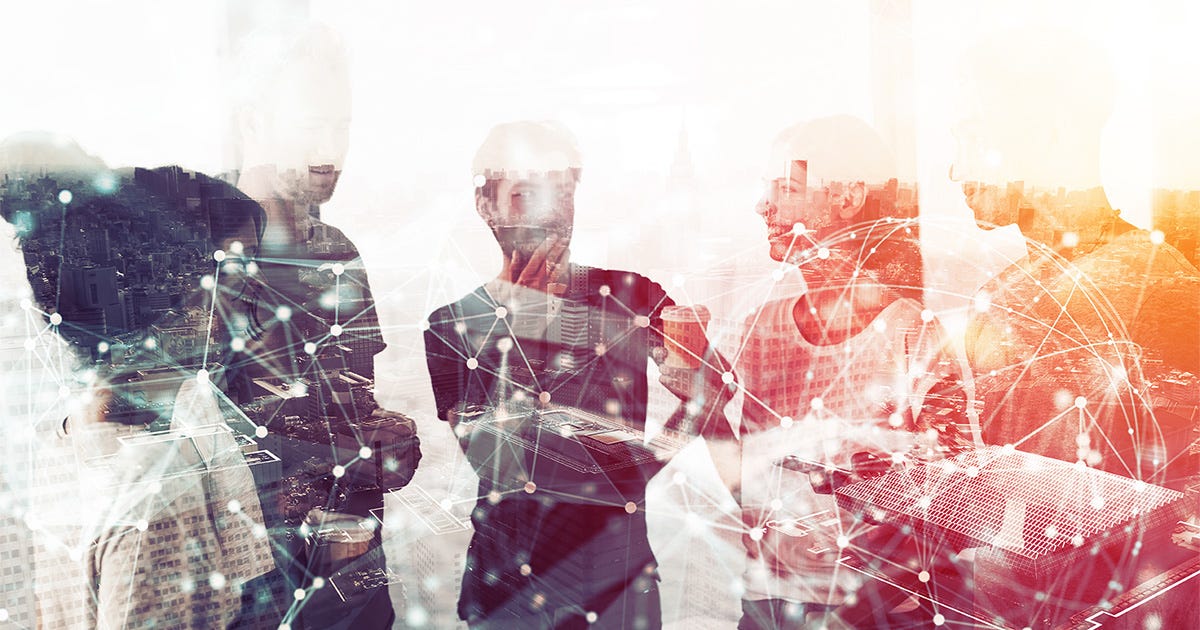Michael J. O’Loughlin
America Magazine
Originally published March 02, 2021
Here is an excerpt:
Anthony Egan, S.J., a Jesuit priest and lecturer in theology in South Africa, said church leaders publishing messages about hypothetical situations during a crisis is “unhelpful” as Catholics navigate life in a pandemic.
“I think it’s pastorally dangerous because people are dealing with all kinds of crises—people are faced with unemployment, people are faced with disease, people are faced with death—and to make this kind of statement just adds to the general feeling of unease, a general feeling of crisis,” Father Egan said, noting that in South Africa, which has been hard hit by a more aggressive variant, the Johnson & Johnson vaccine is the only available option. “I don’t think that’s pastorally helpful.”
The choice about taking a vaccine like Johnson & Johnson’s must come down to individual conscience, he said. “I think it’s irresponsible to make a claim that you must absolutely not or absolutely must take the drug,” he said.
Ms. Fullam agreed, saying modern life is filled with difficult dilemmas stemming from previous injustices and “one of the great things about the Catholic moral tradition is that we recognize the world is a messy place, but we don’t insist Catholics stay away from that messiness.” Catholics, she said, are called “to think about how to make the situation better” rather than retreat in the face of complexity and given the ongoing pandemic, receiving a vaccine with a remote connection to abortion could be the right decision—especially in communities where access to vaccines might be difficult.


















